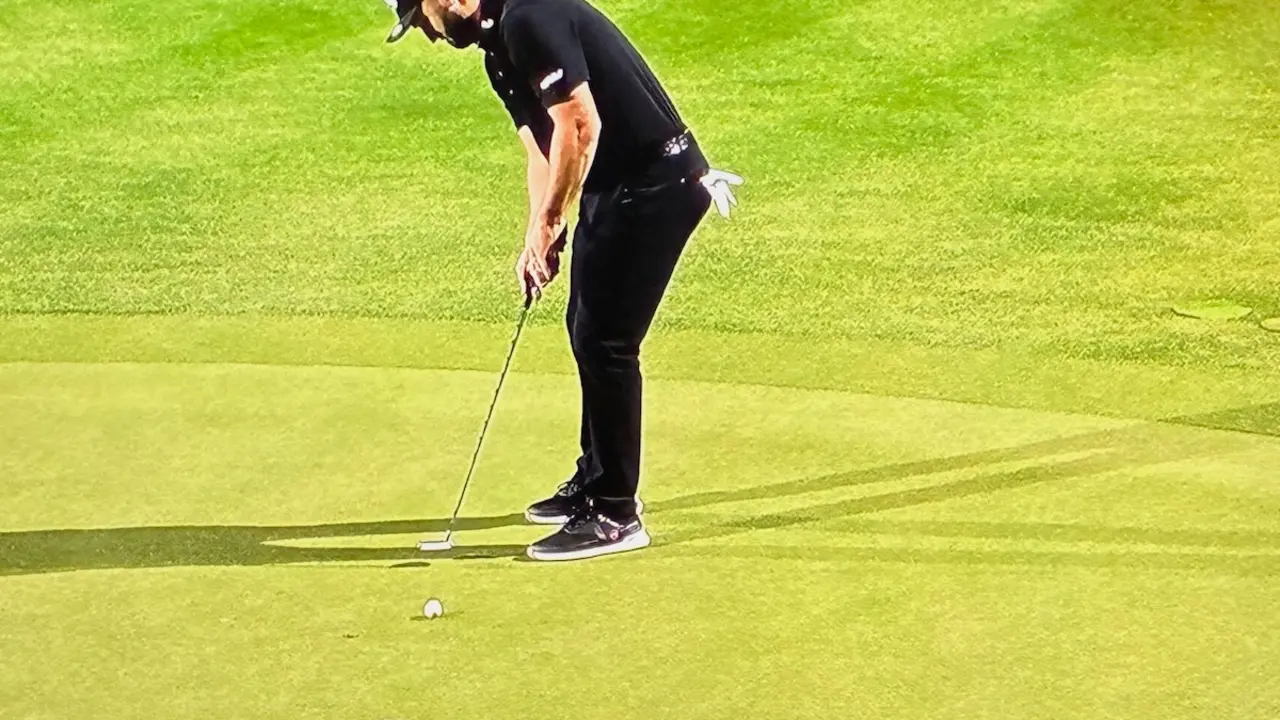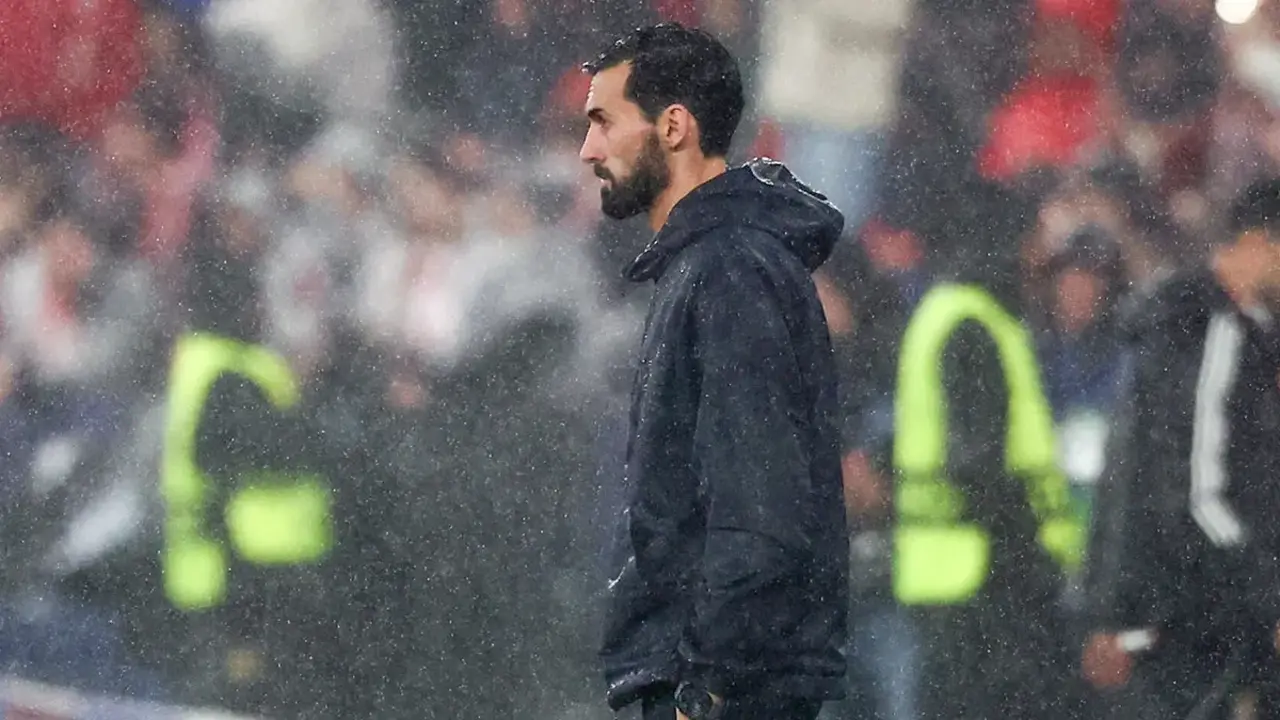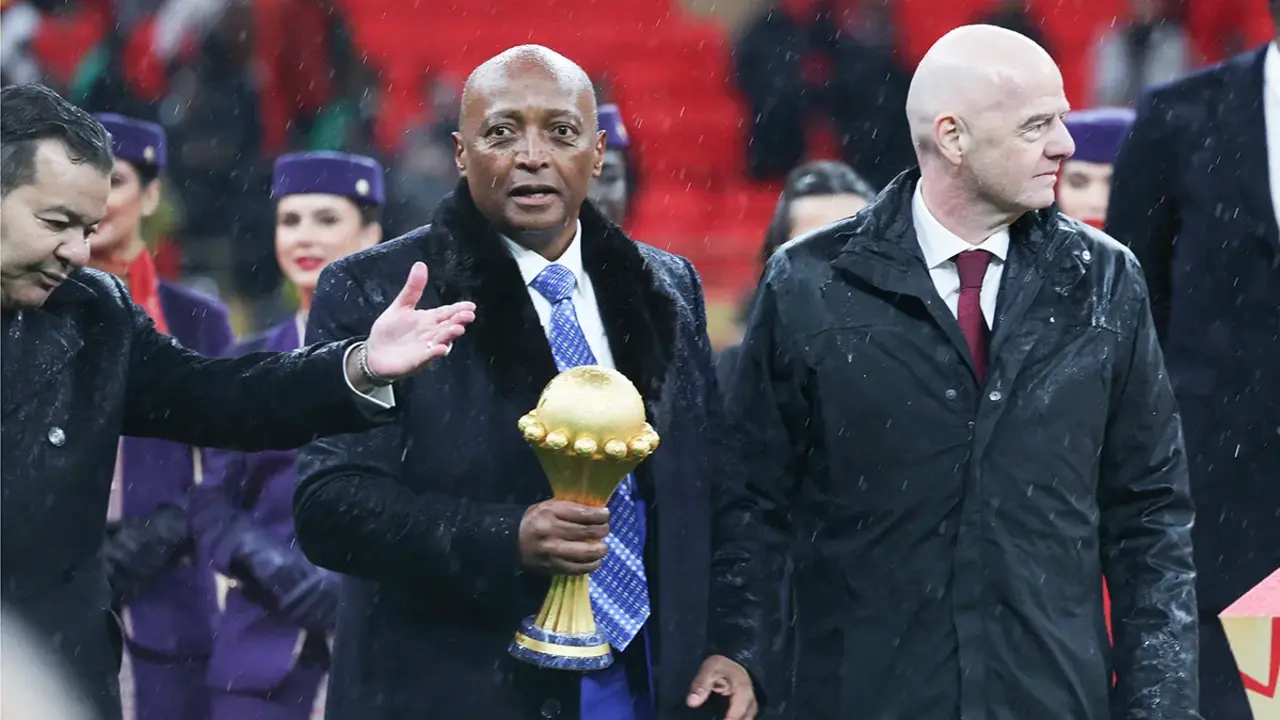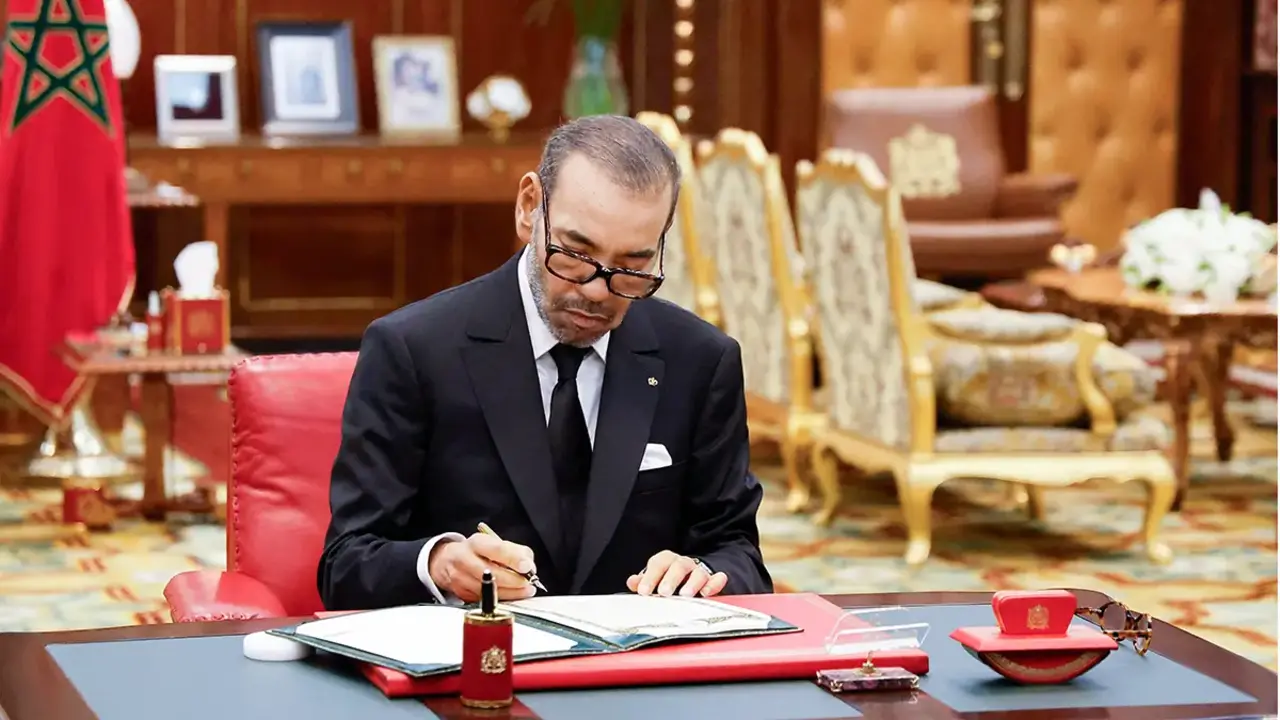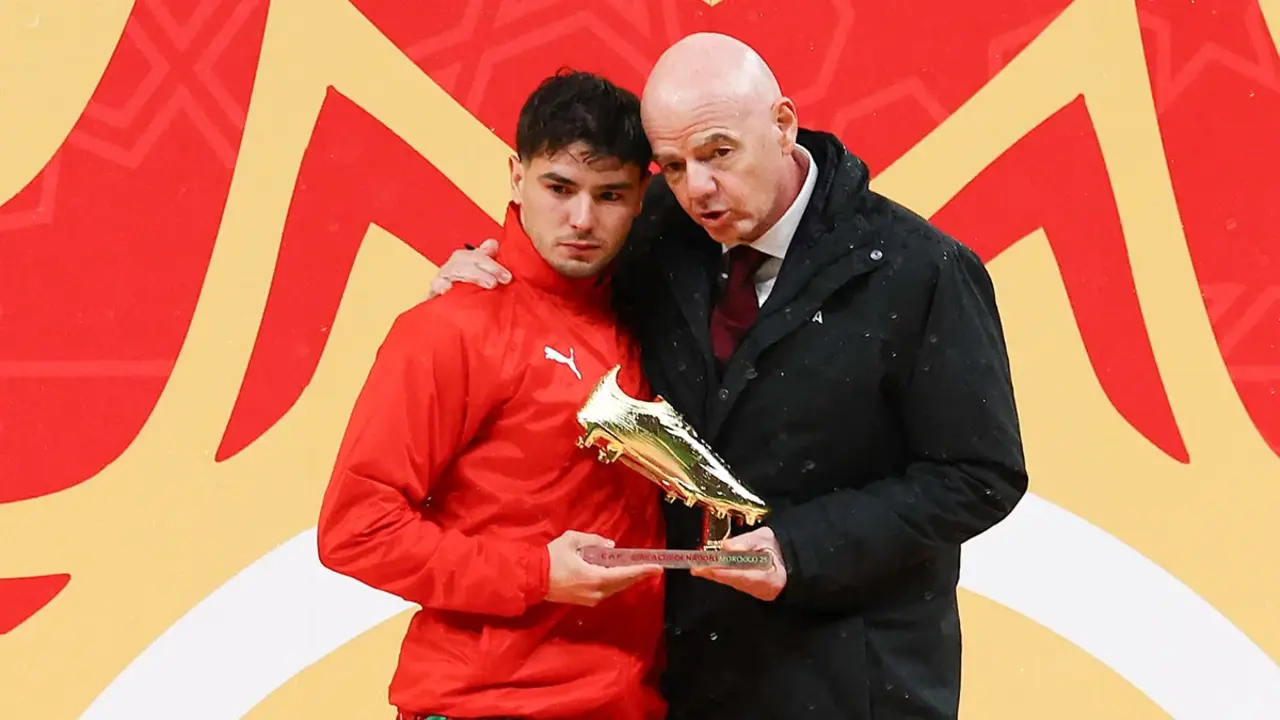The return of the fans to the football stadiums, the next challenge after the resumption of the official competition

LaLiga is looking at how spectators can return to football stadiums once the Spanish league is back in both the first and second divisions. The governing body that brings professional teams together is looking at various measures to facilitate the return of fans to the stands, including this season.
The protocol on which they are working includes several measures to be implemented that can greatly reduce the risk of contagion against the spread of the disease COVID-19, such as access according to time slots and age or prior measurement of body temperature, through pre-registration in advance to attend a game or personal separation in the seats to ensure the mandatory distance recommended by health authorities.
Once the league tournaments in the first and second divisions have restarted for the 2019-2020 season, LaLiga plans to allow fans to return to the stadiums, including this very session, provided that the Superior Sports Council (SSC) has given its approval. The protocol prepared by the football clubs' employers, whose draft was advanced by the SER chain, contemplates taking the temperature before entering the stands, staggered arrival and departure time slots, and details such as giving water to the fans (there would be no shops open inside the stadiums); in addition to prior registration, by means of an application, of the fans who want to attend the football grounds. "The objective is to define the necessary conditions and requirements that must be fulfilled in order to guarantee the return of the fans to the stadiums in compliance with the sanitary measures established by the Ministry of Health, and guaranteeing their maximum security", as stated in the aforementioned draft. According to LaLiga sources, the accelerated interest in the return of the fans is related to the recovery of normality as soon as possible, always under the supervision of the SSC and the health authorities, and to the economic respite that the reactivation of the activity would mean for the coffers of many clubs affected by the crisis originated by the coronavirus pandemic.
It is worth remembering here the strong impact that the lack of public attendance has on the finances of the entities, something that eliminates the income from the box office; to which is added the existing problem on the return of season tickets paid at the beginning of the campaign by fans who cannot enjoy the final stretch of the calendar. The season ticket campaigns for next season are about to start and the possibility of bringing fans back to the football grounds this season could give a boost to season ticket renewals or sales. All this after several entities offered discounts for next season due to the damage caused to season ticket holders who cannot attend matches now because they are closed.

Given the negative forecasts at the beginning of the pandemic, which established the return of the fans to a year, income from ticket sales was drastically reduced, affecting above all those entities that have greater difficulties in their budgets, such as modest clubs.
For others, such as Real Madrid CF and Levante UD, who have made progress with the renovation of their stadiums (Santiago Bernabéu and Ciudad de Levante) and have chosen to play at the Alfredo di Stéfano stadium in Valdebebas and La Nucía, respectively, the possibility of playing with a public at the end of the season is a setback that they consider to be detrimental. Although there were also voices against these changes of venue to understand that altered the normal order of the competition by these variations of pitches on the fly.
The draft known through the SER chain establishes as a method to follow for the attendance of the public a previous inscription of the subscribers who are willing to return to the stadiums in the conditions that are established, as a previous step to each club deciding the form in which it will carry out the distribution. To this end, LaLiga would enable an application in which fans must give their contact details. In this sense, LaLiga is curious to know the number of fans that will sign up to find out what the impact of the pandemic is on attendance at the soccer fields and also to measure the strength of their demand to the authorities to open the doors.

At this point, it should be noted that, in principle, the plan is to open up around a third of the stadiums' capacity, in order to respect the distance between fans.
The tickets, which in the case of season ticket holders might not correspond to their usual seat, but to a similar area, will be printed with the name of the fan, his ID card, the entrance door and the time he should enter the venue. On match days, several time slots and entry groups will be enabled for the arrival and entry to the stadium. According to the protocol, all the fans must be one hour and a half before the beginning of the match to give access to the first group 15 minutes later. The last group will enter a quarter of an hour before the initial whistle. The most vulnerable groups (people with previous pathologies or over 70 years old) will be the last ones to access and will be located in the closest places to the evacuation areas.
Before entering, the temperature will be taken from each fan in a first safety ring. If it exceeds 37.5º, you will have to wait ten minutes to take the temperature again and, if it exceeds it again, you will not be able to attend the match.
Once the control is over, the fans will enter through some corridors created to speed up the whole process and prevent them from dispersing. Once inside, the revealed text indicates that the use of a mask will be compulsory and that they will have to remain seated in their corresponding seat during the course of the match, respecting the safety distance of 1.5 metres. Fans may only leave their seats due to force majeure.
This draft will be studied by the different teams to provide ideas and arguments. One of the points that generates discrepancies is the closure of the official stores on match days, which is when most sales are generated.
There is a logistical challenge to this whole process, although some of it, such as the provision of staff to control access and compliance with regulations, would be largely controlled, something that has already been demonstrated with the resumption of matches behind closed doors.

One of the big problems from now on may be how to get to the stadiums. LaLiga protocol recommends "as far as possible" that fans arrive at the fields either on foot or by private transport, to avoid congestion on public transport. The authorities responsible for public transport will be obliged to establish measures to avoid crowding at bus stations, metro lines or suburban trains.
Once inside the stadium, the sale of food and drinks will not be allowed, "therefore, each spectator will be given two 33cl. bottles of water". Fans must remain in their seats for the entire match, except for going to the toilets, whose capacity will be controlled. After the match, the eviction will take place in rows and in an orderly manner.
With the return of the public to the stadiums, the restriction to the media will also be removed, and they will be able to access the stadium in the usual number.
In the case that after the match some assistant is positive, the draft of this LaLiga protocol states that "the club must be informed immediately" and this one to the sanitary authorities "providing all the data of the fans who were around" and, in addition, "the cleaning and disinfection of the seat and the zones that have been crossed will be made in depth".
Now the doubt that remains is when the public will return to the stands. The League has expressed its desire that it is as soon as possible within the new normality just acquired.

